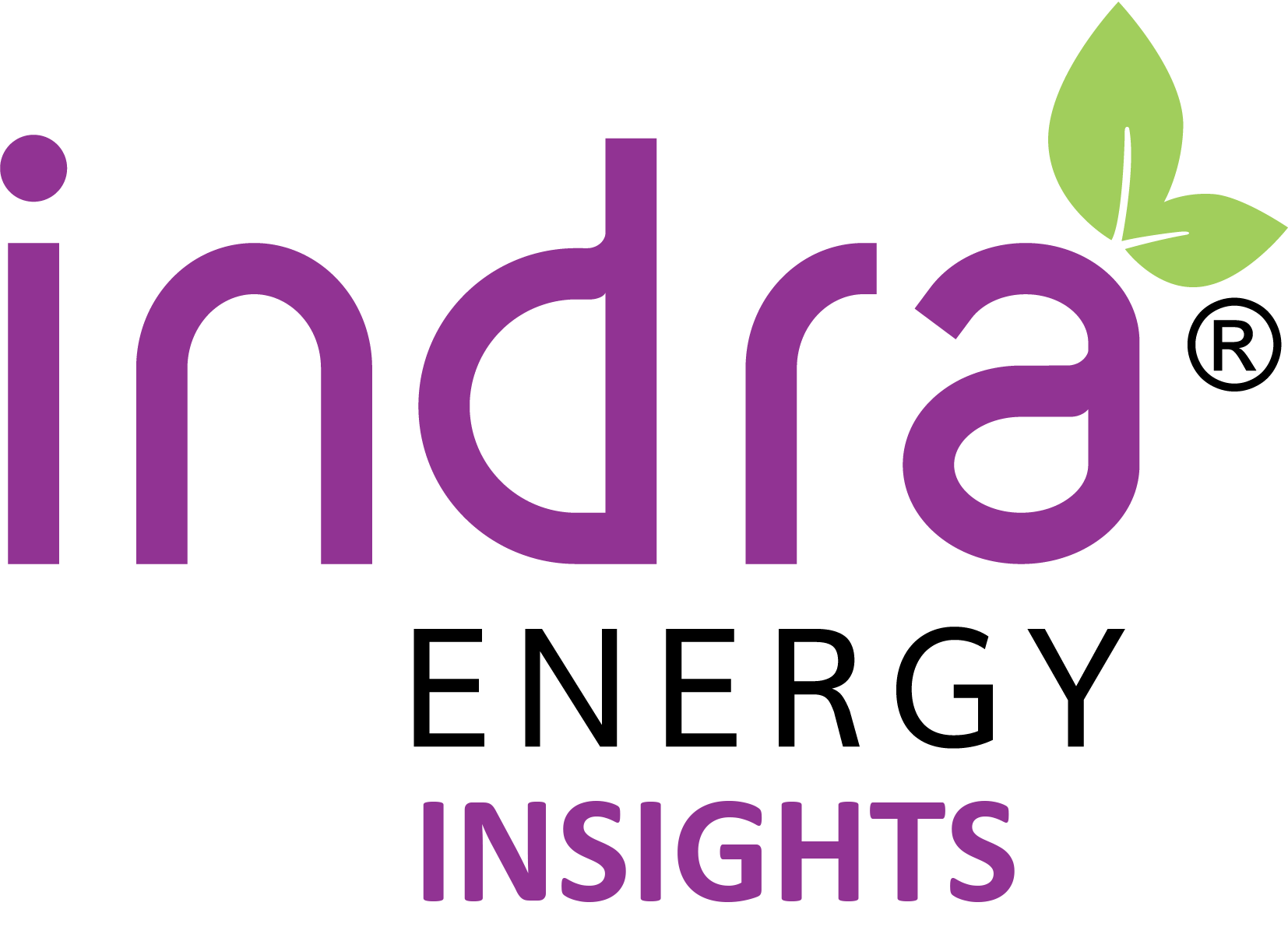In some ways, it feels like we are living in the future. These days, homeowners can control their lights, temperature, appliances, window shades, pools, and so much more remotely, with the touch of a button on their phone or computer. It’s all thanks to the rapidly increasing popularity of smart homes and smart devices. These valuable items can do more than make life more convenient – they can also help save you energy in ways you might not expect. So, let’s take a closer look at what current and future smart homeowners need to know about smart home energy management.
What is a Smart Home?
In the most general terms, a smart home is any accommodation where high-tech, modern devices are in use to control basic systems or offer additional services or conveniences. Smart homes can range from an everyday house or apartment with an Amazon Echo or Google Home device to carefully configured homes with infrastructure to control everything from the lights to the oven. These systems and devices often connect to the internet to allow remote control, no matter where owners are located. This can be incredibly helpful for pet owners, parents with kids who arrive home before they do, frequent travelers, and many others.
Energy Efficiency Tips for Smart Homes
While most people may focus on the ease of use and convenience provided by smart homes, smart home energy management can also help you save significant amounts of energy. Here are some of the best tips.
Use a Smart Thermostat
Programmable thermostats aren’t new, but smart thermostats take this functionality to a new level. These are among the most common smart home appliances. They can be programmed to heat or cool on a specific schedule, allow you to turn on HVAC systems remotely, and monitor the conditions at your home no matter where you are. This can dramatically cut your heating and cooling expenses, which are among the biggest parts of many utility bills.
Configure Smart Appliances
Many newer appliances, from dishwashers to clothes dryers to ovens, are now entering the smart home world. They can be set to run overnight or early morning when energy demand is lower or configured to reduce energy waste. Smart home appliances may also offer special modes designed to save energy, including refrigerators and freezers.
Take Advantage of Your Home Assistant
Smart home assistants like Alexa, Google Assistant, and others can completely revolutionize your home. These devices can serve as central nodes for all of your smart home systems, allowing owners to control their houses from one single interface. Systems can also be set up to work together to be even more energy efficient. For example, you can use home assistants to set up schedules for turning on and off your lights or power down energy-sucking appliances while you’re away. Plus, many are incredibly easy to operate with intuitive apps and voice control.
Monitor Your Energy Usage
One of the best ways to save energy is to simply be more aware of how much you’re using. Smart home energy monitors make this possible. Whole-home systems can track and analyze your energy usage, as can a variety of third-party apps. You may be surprised how much certain appliances or devices are using, providing precise places to cut energy usage. In some cases, these systems may even automatically take action to save electricity or provide you with strategies to do so yourself.
Become More Energy Efficient Today with Your Smart Home
It’s easy to see that our homes will become smarter and more innovative as time goes on. Along with the obvious convenience, this offers a once-in-a-generation chance to cut wasted energy while still improving owners’ quality of life. Keep these smart home energy tips in mind, and you’ll be able to make the most of your devices and systems while being energy efficient. Contact Indra Energy today for further questions about renewable energy sources!















